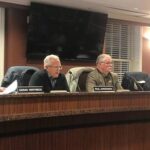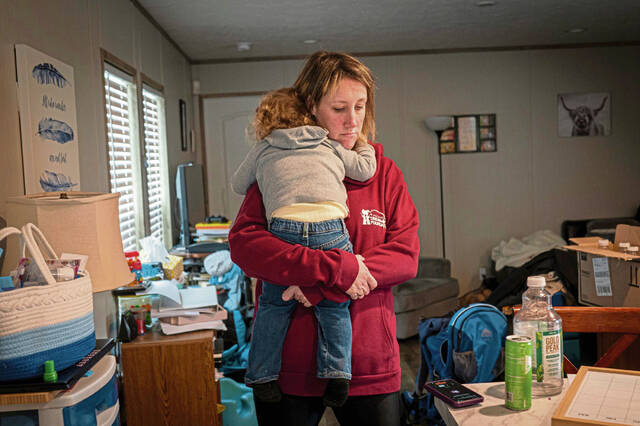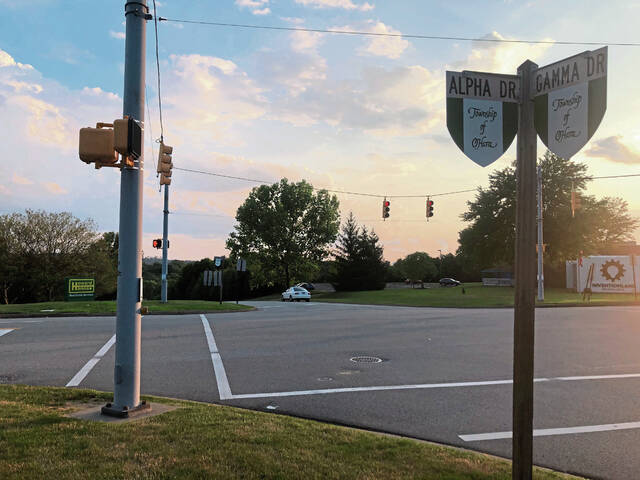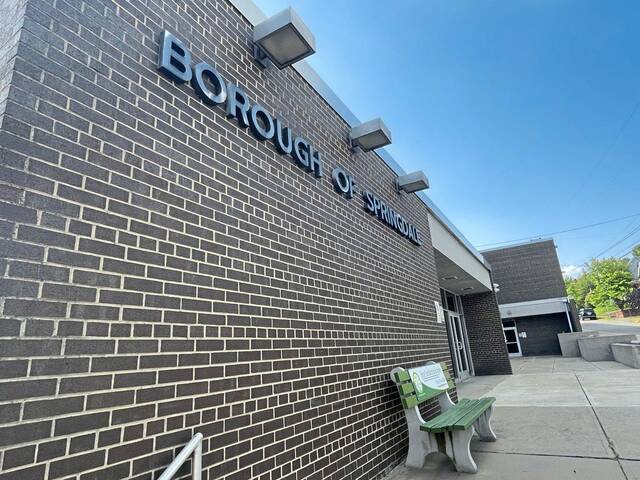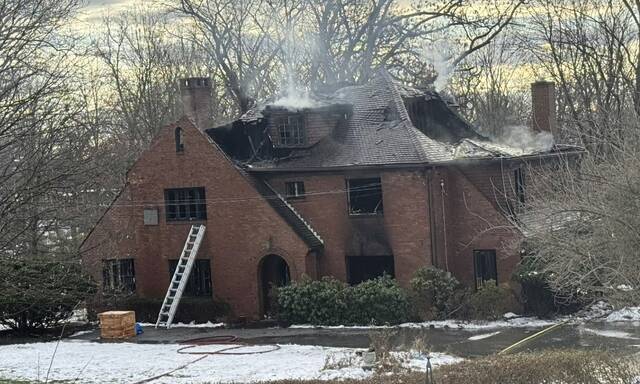Indiana Township remains the only community in the Fox Chapel Area School District to not livestream its meetings after an effort to allow virtual attendance was denied via slim margin.
Supervisors on Feb. 14 voted 3-2 not to broadcast their sessions.
Mayor Albert Kaan (District 2), Deputy Mayor Darrin Krally (District 3) and Supervisor Paul Jorgensen (District 1) voted in favor of keeping meetings offline.
Supervisors Sarah Hertweck (District 4) and Jonathan Neumann (District 5) dissented.
The voting majority said they spoke with constituents and livestreaming was not a concern. They also cited the matter being voted down twice within the past few years.
Jorgensen argued residents who want to get involved in township business should do so in person.
“I believe that local government needs to be done locally: neighbor to neighbor, face to face and nose to nose,” he said. “I want to keep it local and in person.”
Jorgensen said neighboring municipalities such as West Deer, Fawn, Frazer and Hampton do not livesteam meetings. However, they are not in the same school district as Indiana.
Those that are — Sharpsburg, O’Hara, Fox Chapel and Blawnox — all livestream their meetings. Sharpsburg also records its council sessions and posts links on its website. Zoom links to meetings are posted on the respective municipal websites.
Fox Chapel Area School District records its school board workshop and voting meetings and posts the videos on its YouTube page.
Hertweck and Neumann argued that livestreaming would be a boost to transparency and help people who are homebound, disabled, parents of small children or first responders who cannot show up to meetings.
“It’s a courtesy to them because it’s so easy to just make this leap to greater transparency and greater engagement and understanding,” Neumann said. “If you want to keep local government local, then the local people have to feel like they’re part of their government and understand it. … I don’t understand the downside of it.”
Hertweck said meeting minutes, the township’s record of meeting activities and supervisor actions, are usually a month behind and not timely in today’s day and age.
“We don’t live in those times,” she said. “We’re not waiting for the pony express. We live in 2024 where there’s no need for people to not be able to participate and not have information.”
Krally said he was against livestreaming because of potential exploitation of personal data, including names and addresses of speakers.
He said his constituents said meetings are intimidating and prefer not to be recorded when addressing township officials.
“It’s bad for business and there’s a huge risk,” he said.
Krally also was concerned about digital misrepresentation or manipulation of data.
“We’re all adults,” Krally said. “We can be in a room. We can talk intelligently, and we can agree to disagree sometimes. … It does discourage open discussion.”
The vote came after nearly a dozen of the estimated 40 people in attendance lobbied for the service. No audience member voiced opposition.
“One-hundred percent of the people that came up to this podium tonight to talk about the livestreaming were in favor of it — 100%,” resident Ben Rathfon said. “It had no impact on you three. All three of you did what you were gonna do and that is really problematic. That makes you not worthy of the seat that you occupy.”
Resident Donna Ludwig called the supervisors against livestreaming “the three amigos” and was not surprised at the vote.
Resident Nettie Owens records the meetings on her iPad and streams them via the Citizen Communication for Indiana Township Facebook page.
She submitted a 40-page report highlighting the benefits of livestreaming. The report estimates the cost of the service between $6,000 to $30,000 for initial set up and $3,500 annually to maintain.
Owens was among the speakers at the meeting pushing for livestreaming. She expressed disappointment afterward.
“It’s deeply disturbing to see people tasked with representing their constituents act against the community in such a blatant way,” she said. “It’s amazing to me that even though public meetings have been available by radio and TV for decades, that somehow this technology is being positioned as new and dangerous.”
She said she plans to file a complaint with the ADA because the township is “failing to provide reasonable accommodations for people with disabilities.”
Hertweck after the meeting called the vote “a disappointment and not a surprise.”
Owens’ report said the Citizen Facebook page has 165 followers with five to 10 people regularly viewing the livestream. Videos range from 44-552 watches.
Kaan said he read Owens’ report and echoed Krally and Jorgensen’s comments.
“The legal liabilities are unacceptable,” he said. “The cost, to me, is unacceptable for the use that the system gets. I looked at the numbers. The numbers are minuscule. … We have a responsibility here on the board of supervisors to watch how we spend our money, to be careful that we don’t exceed the money we have available when we collect or taxes and so forth. That responsibility means we shouldn’t spend money on something that is not used or used to a minimal degree.”
Neumann argued the township has $900,000 in reserves and could easily afford technology upgrades to stream meetings.
Kaan said more people use the township’s website to get their information than Owens’ recordings.
Township Manager Dan Anderson said supervisors had remote meeting participation from April 2020 through July 2021 due to the pandemic when municipalities across the country were encouraged to have remote proceedings and minimize building occupancy.
Meeting minutes throughout those months show the township used freeconference.com and people could call in to participate.
Jorgensen said public audio conferencing was “at best disruptive and not well-attended,” and if people want to get involved in local government they should show up to the township building.
He defended audio conferencing for supervisors to participate in meetings remotely.
“Part of the function of the supervisors is to conduct the business of the township,” he said. “We adjust schedules. We do everything we can, but sometimes, mostly because of business, we are forced to go out of town and we do call that in.”





